Psychological Factors Improve Sports Performance
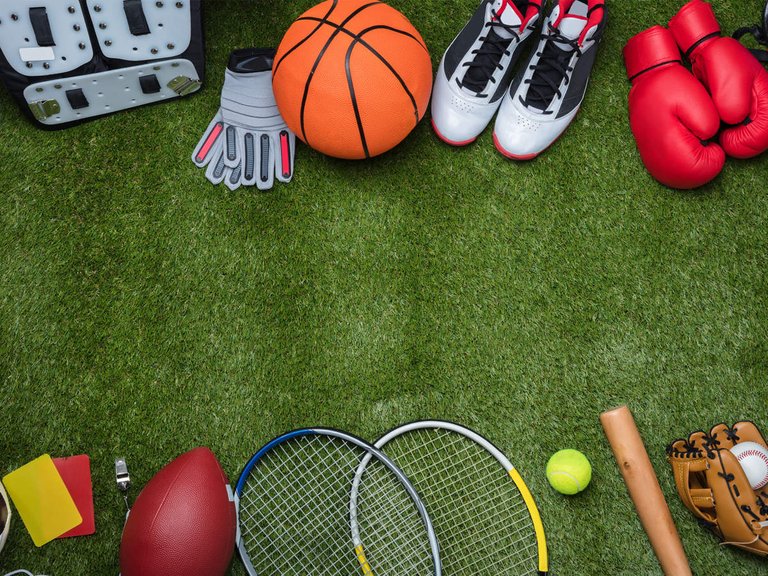
Over the years we have observed an increased interest in the psychological aspect of performance. Psychologists and professional athletes are increasingly concerned with the question of which psychological variables determine success and failure and how they can help improve athletic performance?
Top athletes claim that their success comes from mental training and mental strength. In professional sport, there are no longer any major differences between athletes in terms of physical potential and training plans. The decisive factors for success are therefore in the psychological area.
Mental factors influence athletic performance. This applies to both top athletes and every amateur athlete. Scientific evidence support this experience. People who play sports, whether they are professionals or amateurs, can benefit from following certain psychological strategies. These can help them improve their capacity and athletic performance.
Which psychological factors improve sports performance?
We all know that our bodies benefit from exercising regularly. Studies also repeatedly show that exercise is also good for our mental health. It improves our alertness and increases self-esteem.
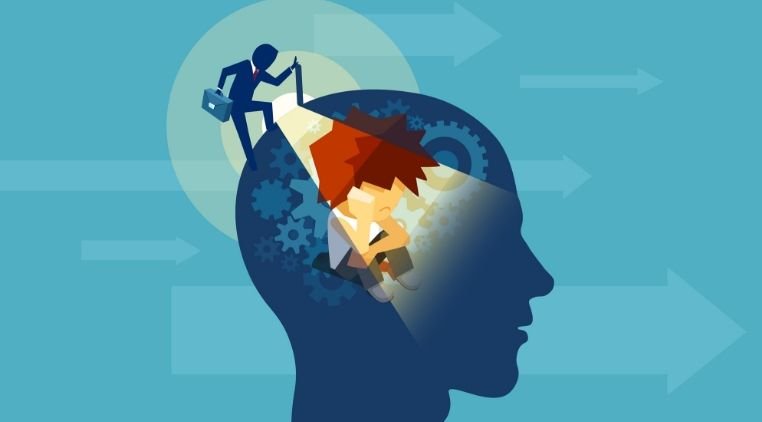
The psychological factors that most affect athletic performance are:
- Motivation
- Focus
- Emotional Control
- Self-confidence
Motivation
It is important for any area in which you want to optimize your performance, not just in sports. Think of athletes who are constantly experiencing ups and downs, victories and defeats. It is mostly intrinsic motivation and love for what they are doing that helps them raise their heads and stand up. Whether after a bad pass, a terrible setback, or an unexpectedly poor performance.
To maintain or improve performance level, motivation is the one thing athletes needed. Motivation is the engine to achieve specific goals regardless of whether it is about promoting health or strengthening and shaping the body. To get started with motivation, preparation is required. Failure is inevitable with the resolutions “I finally want to lose weight” or “I want to do more sport” because only smart goals lead to success.
Smart Formula
- Specific
- Measurable
- Accepted
- Realistic
- Termination
Using the SMART formula to formulate your goals results in a clear, verifiable, and measurable goal that is motivating enough to keep you on the ball.
- Specific - Before doing anything else, setting a goal is important.
- Measurable - Goal must be verifiable based on certain criteria. This can be a specific quantity or distance.
- Accepted - Support your goal and want to change the performance positively.
- Realistic - The goal must be achievable.
- Termination - Set a certain point in time when you want to have reached your goal.

Concentration
Athletes need to have the ability to concentrate. All actions, even the simplest or most intuitive, require focus. A poorly executed movement can result in loss or injury. This can ruin months of preparation. Therefore, an athlete is focused on what he is doing even in ordinary training. We will hardly see a runner training with headphones.
In competitive sport, it is not just about training strength, endurance, coordination, speed, and flexibility, the athlete must also have the ability to concentrate to be able to reproduce the trained performance quickly and specifically in competition. Concentration is one of the most important mental components of success in competition. The ability to concentrate fully is the basis of mental strength.
Movement is not only good for physical well-being, but it also has a positive effect on concentration. One can concentrate without exercising, but there is probably not a single sport that does not require a minimum level of concentration. Running, swimming, golfing, there are many ways to get exercise. Sports that are particularly well suited to improving the ability to concentrate are above all yoga, tai chi, qigong, and taijiquan. The ability to concentrate can be learned. Some athlete professional train their concentration with the help of yoga. Short meditation phases of just three minutes can help find concentration and block out disturbances.
Concentration means mental concentration. It is the ability to focus all attention on a cause or goal for some time. Concentration means that thoughts only relate to what is relevant to the action during an activity. To focus thoughts on the present and essential, to block out all internal and external influences. The ability to concentrate affects both the external senses, internal senses, sense of balance, sense of movement as well as controlling one's thoughts and feelings. The concentration depends on the current mood, on the mental and physical condition, on the environment as well as on personal interest and motivation.
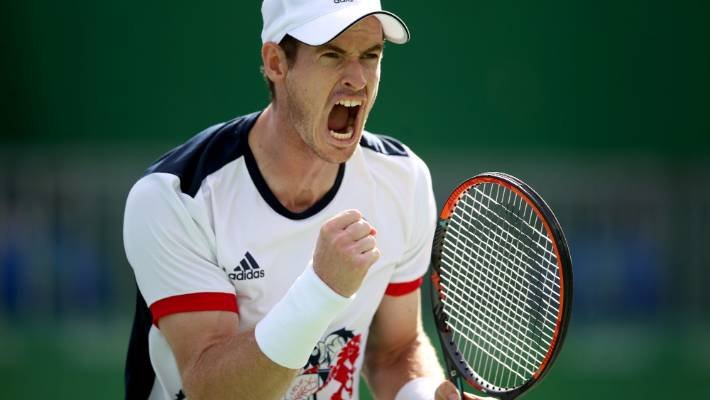
Emotional Control
The mental training that helps control emotions and doubts can mean the difference between success and failure. When poor emotional control affects an athlete's performance, it is often because their focus is suffering from their emotions.
There are no right or wrong emotions in sport. It does not seem to be a waste to pay more attention to the control and utilization of emotions in sport. Controlling and evoking the right emotions is vital to a successful sport. Emotions cause a change in the physiological level of arousal, which is why techniques of arousal control play an important role in emotional control alongside cognitive strategies. The aim should be to reduce the intensity of the emotions and let unfavorable behaviors take a back seat. Cognitive strategies are understood to mean, for example, a re-evaluation of the situation or a change of concept, which means something like changing one's role or the role of the other person in the emotional process or weighting it differently.
Negative emotions such as fear or anger are not bad from the start, because they ultimately taught people to survive, to recognize dangers, and to avoid them. It is important not to let the emotional situation overwhelm you. Rather, one should try to break out of it and develop an attitude. The energy that the body releases can be channeled and directed in such a way that one can give even greater and better sporting effort to be able to continue to successfully pursue one's goals.

Confidence
This is the condition for success. Achieving top performance in sport is unthinkable without self-confidence. Only those who believe in themselves and their abilities can achieve top performance and survive in critical situations. How athletes deal with pressure and difficult situations largely depends on how much self-confidence they have. With a lack of self-confidence, critical situations are perceived as threatening, which makes failure more likely. Confidence seems to be an important success factor.
In sports psychology, self-confidence is defined as the belief or confidence that one can achieve desired results based on one's abilities. Self-confidence can be seen as the expectation of success. Confident athletes believe that they can acquire the competencies and skills to reach their potential. Athletes with a lack of self-confidence often doubt that they are good enough or that they have what it takes to.
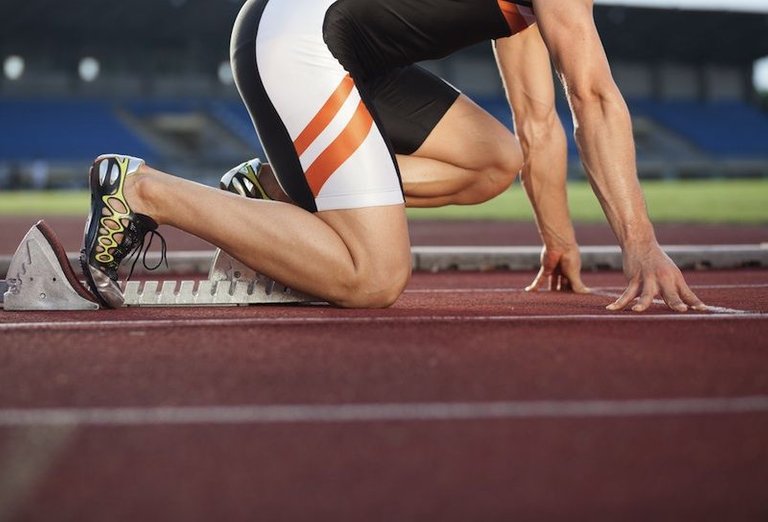
Requires emotional involvement
Athletes need to know their strengths and weaknesses. Then they can use personalized techniques to increase both their performance and self-esteem. If the training is not tailored to the athlete, it could be counterproductive.
The techniques that athletes use most to improve their performance are as follows:
- Attention Control
- Setting Goals
- Self-commands
- Relaxation
- Mental Representation
Attention control
This includes both internal and external attention. With internal attention, an athlete focuses on what is happening in his own body (thoughts, internal dialogues, feelings, and movements). The external attention is directed to what is outside of one's own body.
Setting goals
This helps athletes keep track of their work. They also visualize what they need to achieve to achieve their ultimate goal.
Self-commands
These are messages or brief confirmations that we convey to ourselves to help our motivation or focus on the jumps. It is important to use rational, positive, and realistic affirmations.
Relaxation
A relaxation technique is any method, procedure, or action that helps relieve physical and/or mental tension. It is there to reduce stress and anxiety and replace them with rest.
Mental representation
Mental representations are ways of processing reality and reflecting on it.
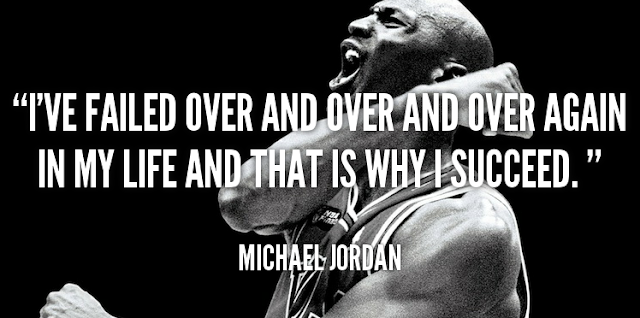
It is important to remember that sport, especially high-performance sport, involves a lot of pain and suffering. And it's not just the physical pain that sport itself causes, but also the psychological distress that it brings with it. As a result, sport is a powerful teacher of resilience. Many of the psychological techniques that athletes use are those that we can use in other competitive and demanding settings as well.
Congratulations @yohann! You have completed the following achievement on the Hive blockchain and have been rewarded with new badge(s) :
Your next target is to reach 5000 upvotes.
You can view your badges on your board and compare yourself to others in the Ranking
If you no longer want to receive notifications, reply to this comment with the word
STOPCheck out the last post from @hivebuzz:
Support the HiveBuzz project. Vote for our proposal!